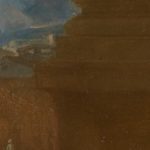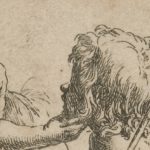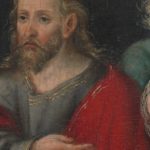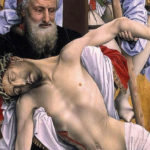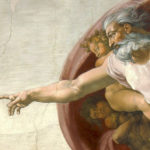
Eminent historians have tracked or made observations about moral levels of general society. Gibbon saw Rome’s moral failure as one of the causes for decline of the empire. The new religion, called Christianity, was presumed by many to be the refuge to recovery. In their multiple volumes of the history of the world the Durants, Will and Ariel, included much of the impact of Christianity on history, and Arnold Toynbee contributed objectively in his observations. They saw both the good and the hypocrisies of religions. Adaptations subscribed through the centuries by some nations, were not in spiritual redemptive roles so much as in the humanistic adoption of some of the morals and values espoused in the Christian religion. Humanism (without… Read more


